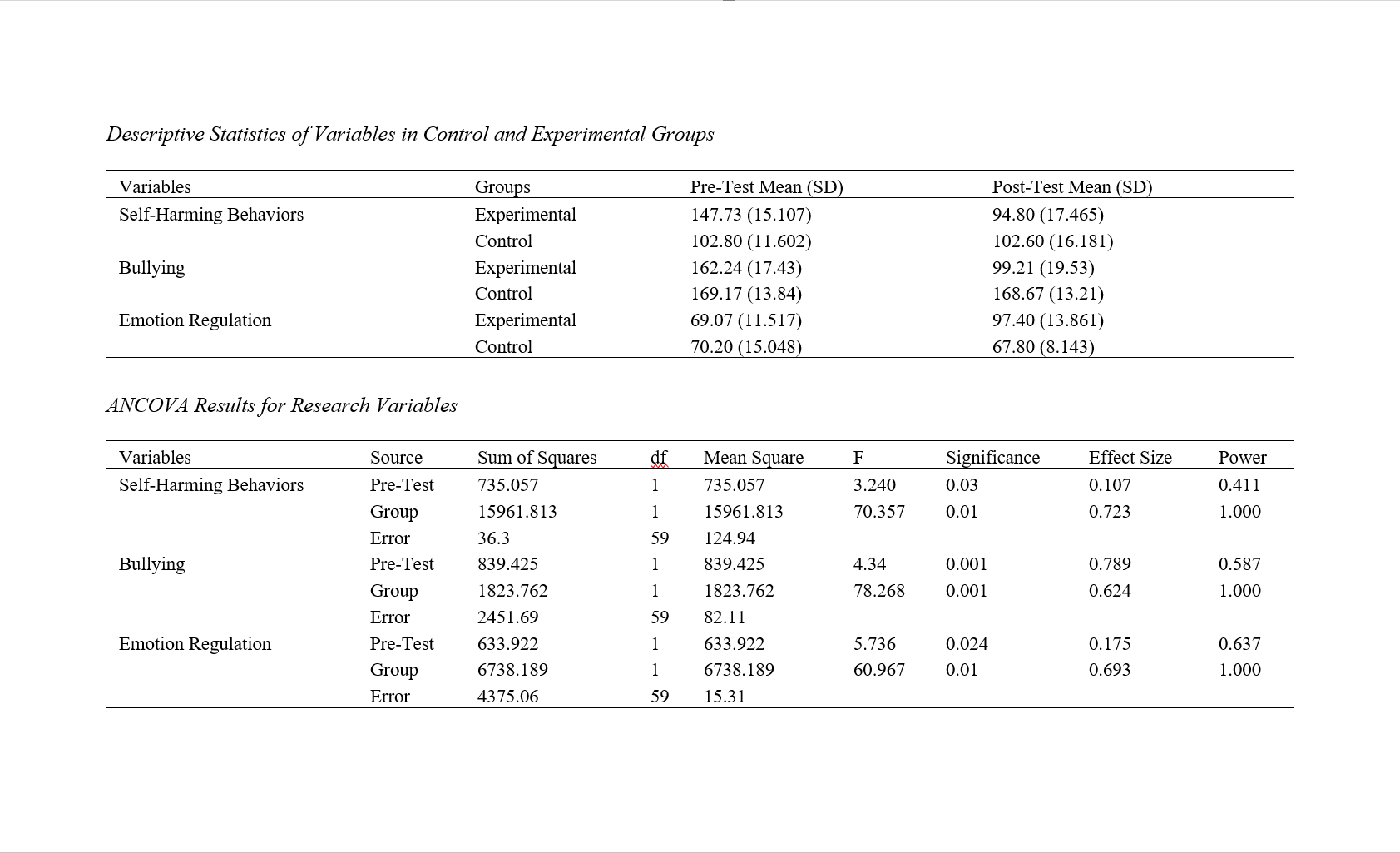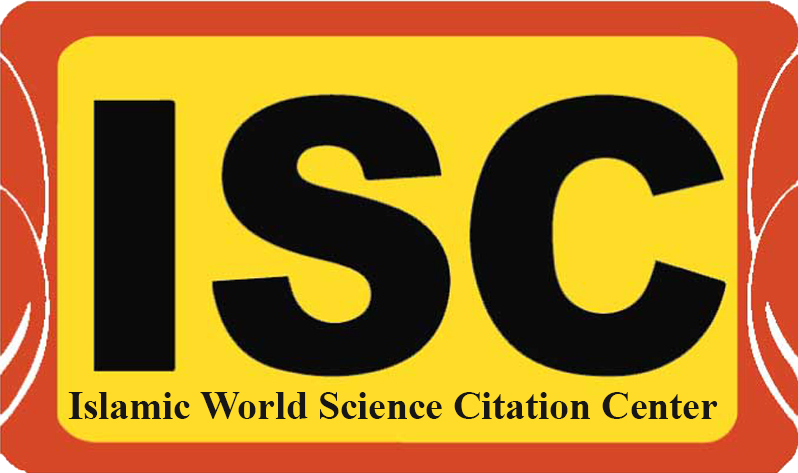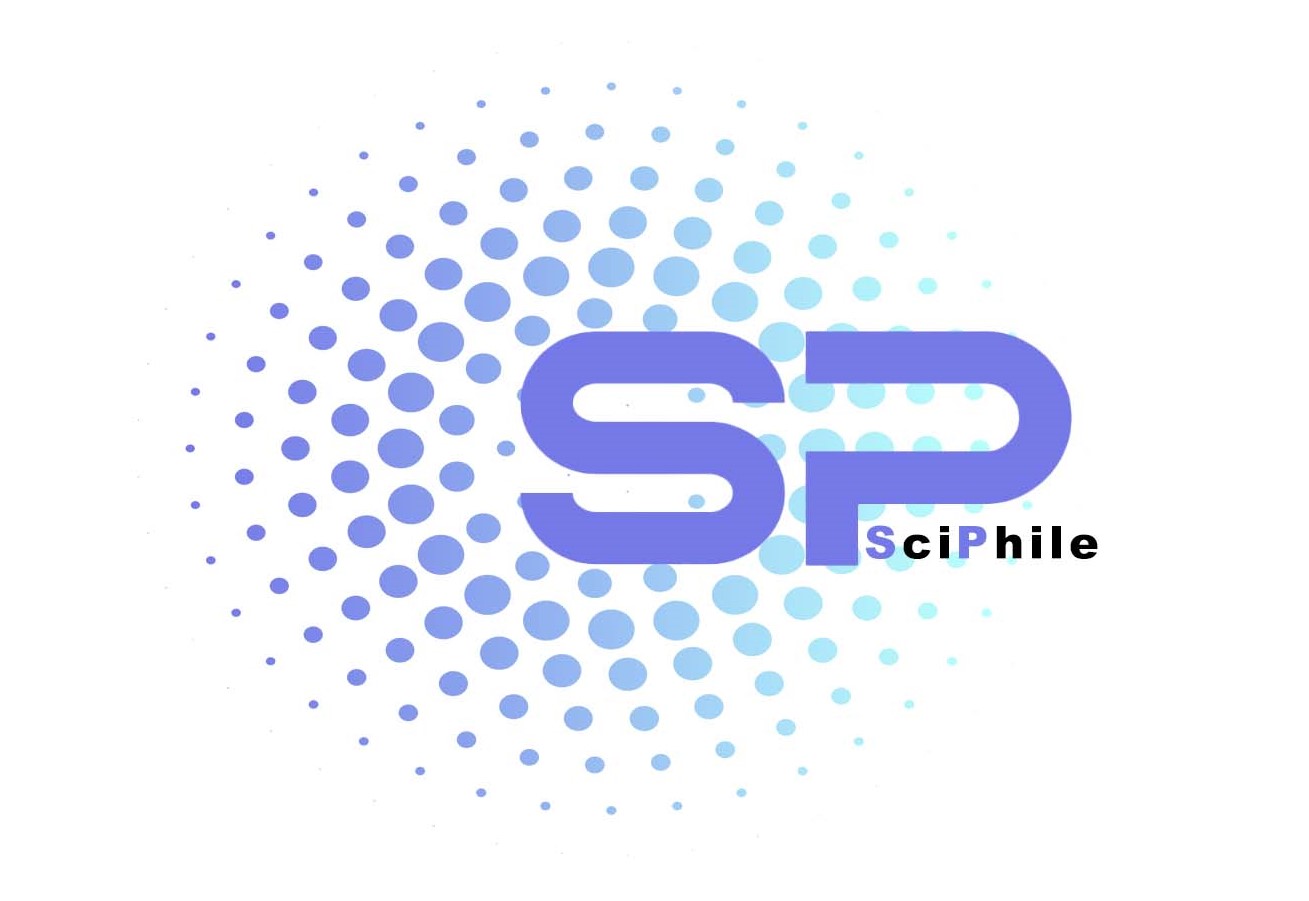Dialectical Behavior Therapy: Impact on Self-Harming Behaviors, Bullying, and Cognitive Emotion Regulation in Delinquent Teenagers
Keywords:
Dialectical Behavior Therapy, Self-Harming Behaviors, Emotion Regulation, Delinquent TeenagersAbstract
Objective: The increase in juvenile delinquency due to poor management and regulation of emotions and self-harming behaviors under the influence of bullying has become a significant issue in all societies. Accordingly, identifying the effects of therapeutic approaches that can play a role in this regard seems essential. Therefore, this study aimed to investigate the impact of Dialectical Behavior Therapy on self-harming behaviors, bullying, and cognitive emotion regulation in delinquent teenagers.
Methods and Materials: This quasi-experimental study included a pre-test, post-test, and a control group. The statistical population consisted of all adolescents aged 12 to 18 years from the Tehran Juvenile Correction and Rehabilitation Center. Thirty adolescents from the center were selected using convenience sampling and were randomly assigned to two groups of 15 (experimental and control groups). The data collection tools included the Self-Harm Behavior Questionnaire by Klonsky and Glenn (2009), the Bullying Behavior Questionnaire by Espelage, Bosworth, and Simon (2000), and the Cognitive Emotion Regulation Questionnaire by Garnefski, Kraaij, and Spinhoven (2001). The data obtained from these questionnaires were analyzed using covariance analysis at a significance level of 0.01 with SPSS26 software.
Findings: The results indicated that Dialectical Behavior Therapy was effective in reducing self-harming behaviors and bullying and increasing cognitive emotion regulation in delinquent teenagers (P < 0.01).
Conclusion: Based on these findings, it is recommended to utilize and teach Dialectical Behavior Therapy techniques in correctional and rehabilitation centers to enhance cognitive emotion regulation and reduce bullying and self-harming behaviors in delinquent teenagers.
Downloads

Downloads
Additional Files
Published
Issue
Section
License

This work is licensed under a Creative Commons Attribution-NonCommercial 4.0 International License.

























